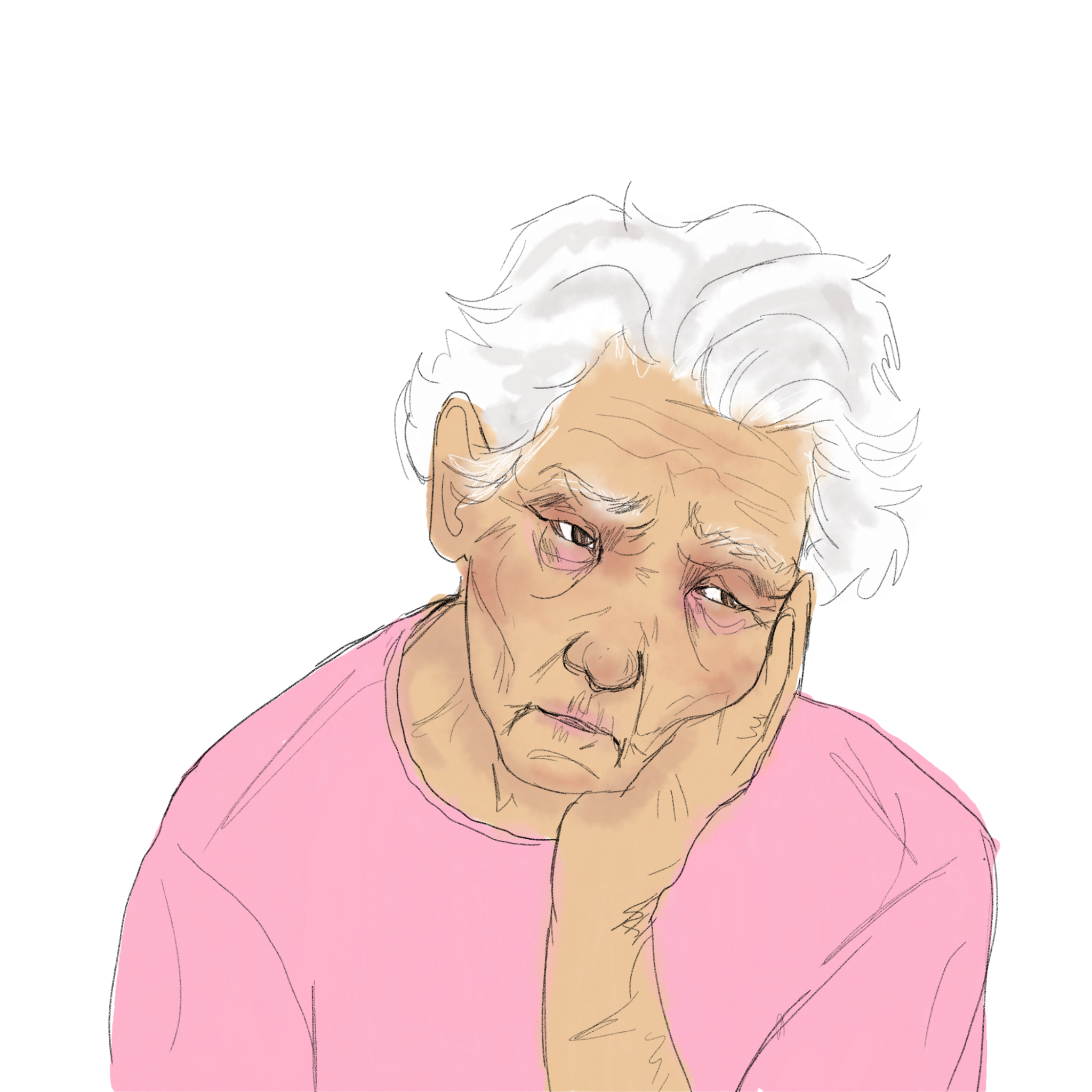Yale researchers develop digital tool to identify cases of elder abuse
A team of Yale researchers has developed a web-based app to empower and identify victims of elder abuse.

Sophie Henry
In the United States, 5 to 10 percent of older adults are victims of elder abuse. However, due to a lack of education, awareness and support, only one in 24 cases are ever identified. VOICES, a web-based app developed by Yale researchers, aims to change that.
VOICES is a digital medical screening tool that utilizes multimedia presentations to educate and empower older adults on elder abuse. Conducted on an iPad, the web-based app guides the patients through video modules which outline the potential outcomes and escalations of elder abuse and describe different behaviors that constitute elder abuse, such as financial mistreatment, emotional abuse and property withholding. The app then asks a series of voiceover questions, prompting the patient to reflect on their own experiences. If the app identifies the user as a victim, a final module urges the user to seek help.
“Older adults are not willing to speak about [elder abuse],” said Fuad Abujarad, associate professor of emergency medicine and principal investigator of the project. “They feel like it’s their fault, they are ashamed they are getting old, and they don’t want to get their loved ones in legal trouble.”
A number of factors contribute to the underreporting of elder abuse, including the lack of efficient screening mechanisms, hesitancy to come forward and fear of loss of autonomy if the older adult’s care provider faces legal repercussions. To combat this, health care providers are often trained on identifying abuse and giving caretakers tools they can administer to their patients. However, this method can be ineffective, as primary care providers often fail to identify cases without visible signs of abuse. VOICES brings older adults into the process and allows them to be in control of their circumstances.
Kellen McDonald NUR ’24 has helped recruit study participants for the past year.
“I just give [the users] the iPad, let them put their headphones in, and give them the privacy to go through the video modules on their own,” McDonald said. “Using the tool really streamlines the process of going from care provider to social worker.”
McDonald said that for an issue so relatively widespread, there are little to no efforts to curb its effects.
“Stigma plays a huge role in [having little efforts],” McDonald said. “The culture in our country around aging does too. We see [aging] as a tragedy, as a loss, but we don’t think about it in terms of all the life experiences a person has had.”
When the NIH-funded project first launched in 2018, the screening tool was used in the emergency room, the first point of care for many older adults.
The tool has since been expanded to primary care settings and is being developed to be accessible to older adults with cognitive impairments and Spanish-speaking patients. Maripaz Garcia, a senior lecturer in the Department of Spanish and Portuguese, has been working alongside Abujarad and his team to translate the video modules into Spanish.
Garcia, along with four other translators, worked to create two independent translations and synthesized them into one in order to preserve the integrity of the translation. One translation was done by two translators whose strongest languages were English, and the other was done by two translators whose strongest language was Spanish.
“Translating is a meticulous work that requires a person with high linguistic skills and paying attention to the details,” Garcia said. “When you hire two people, you can see more linguistic options and decide which one suits better in a particular context.”
Abujarad said that meticulous translation is important when discussing such a sensitive and taboo topic. Cultural considerations have to be taken into account so that older adults feel comfortable answering the questions.
VOICES will continue to expand and the researchers aim to include more geriatric care facilities as the study continues.
“There’s a huge stigma around elder abuse,” Abujarad said. “The system has failed to address these problems, and if we want to create scalable intervention, we must bring the older adults in control of their circumstances and care.”
According to the Administration for Community Living, in 2020 there were 74.6 million adults over the age of 60 in the United States.







